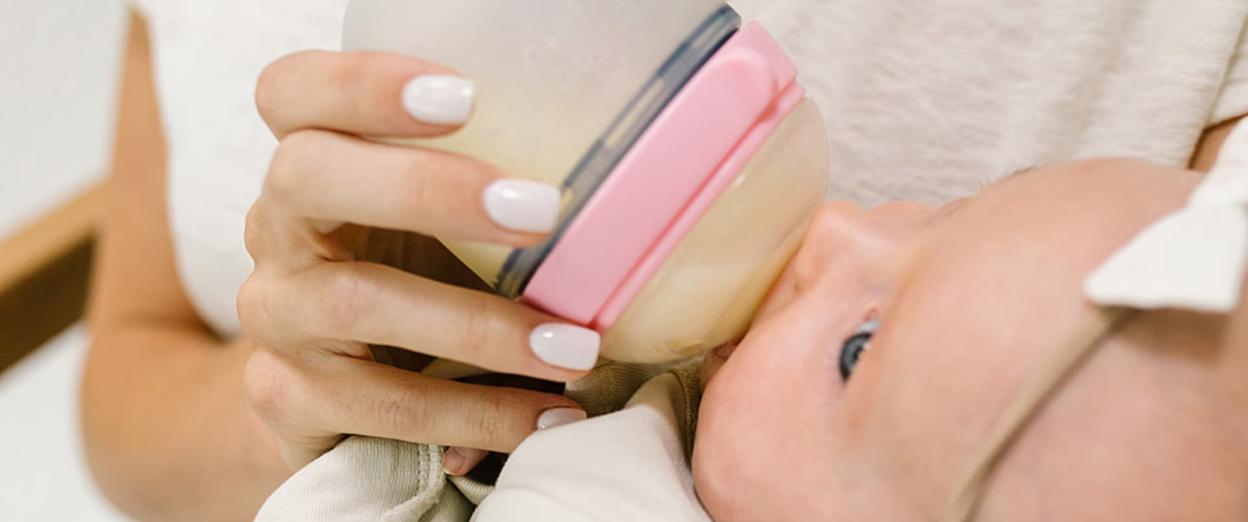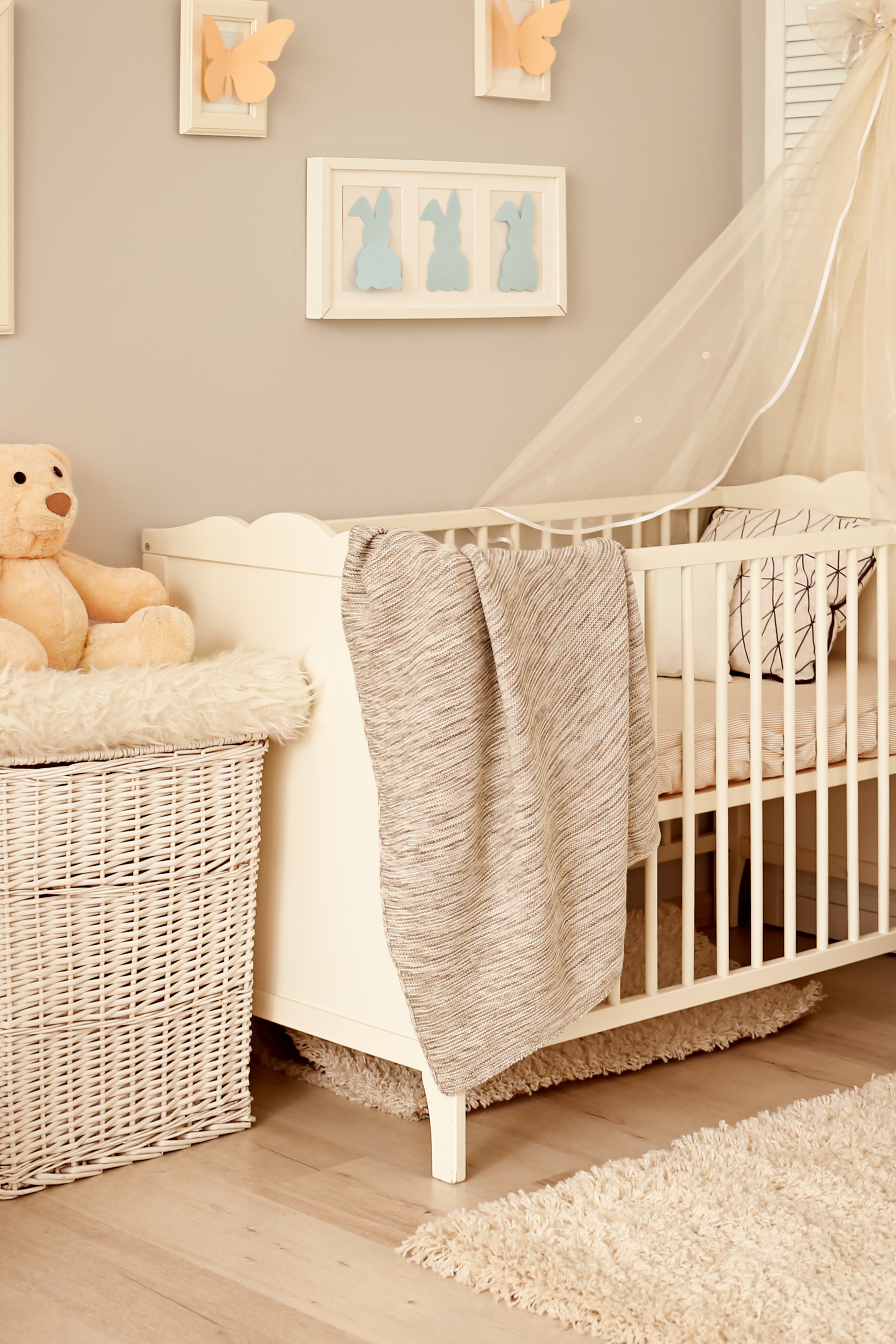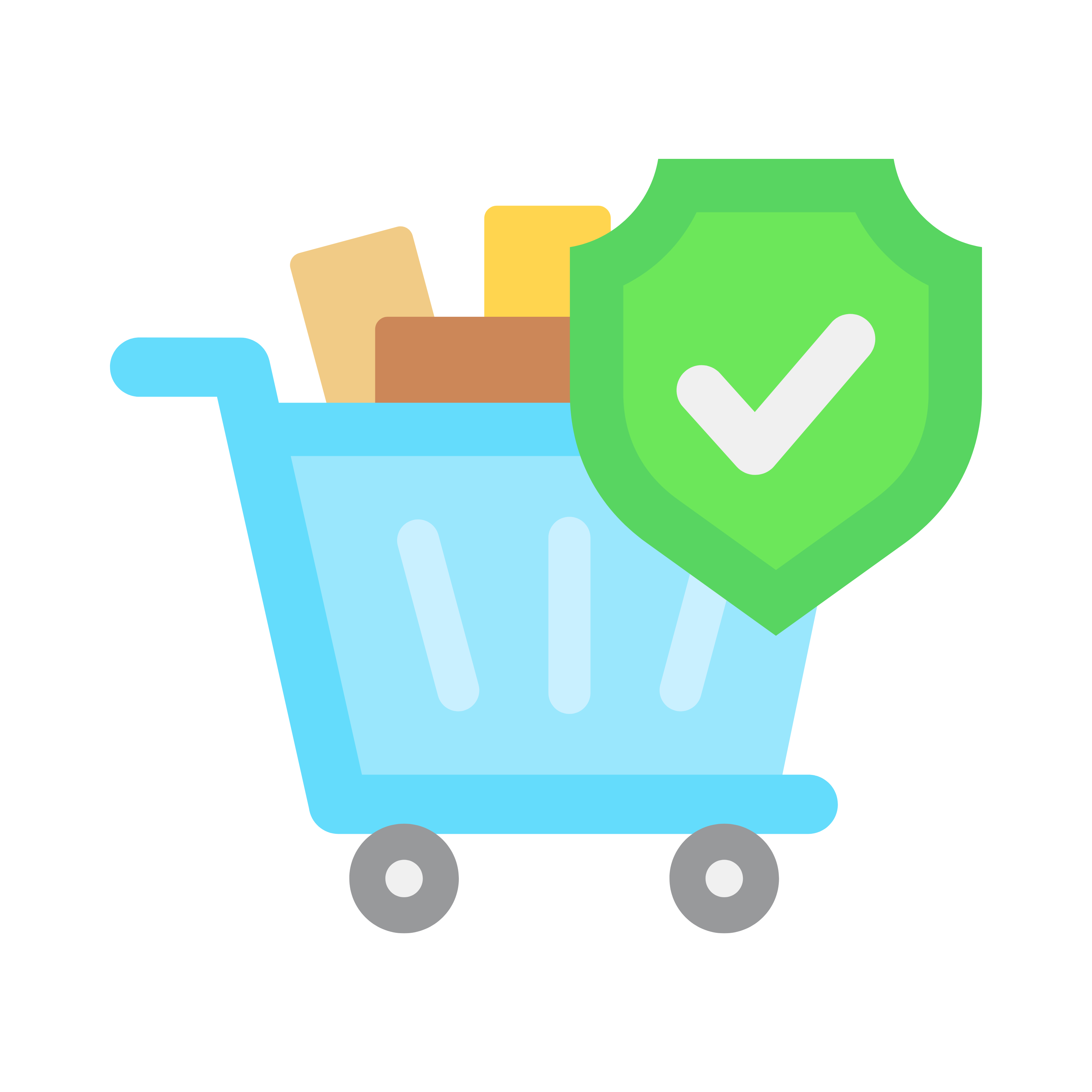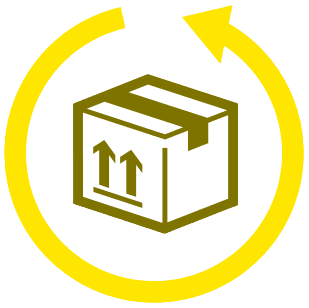Article: How to Handle Mealtime Distractions for Your Baby

How to Handle Mealtime Distractions for Your Baby
Why Does My Baby Get So Distracted During Feedings?
Simply put, the world is full of exciting sights and sounds, making it hard for your baby to focus on eating! As your baby grows, they become more curious and aware of their surroundings, so distracted eating is completely normal.
At what age do babies get distracted while feeding?
Distracted eating is common at any age, but it often peaks around 3–4 months and again at 8–10 months.
Around 3–4 months, your baby’s awareness of the world is growing rapidly. They’re starting to communicate through smiling and cooing, recognizing familiar faces and objects, reaching for toys, and possibly experiencing the 4-month sleep regression. All of this new stimulation can easily compete with mealtime for their attention.
At 8–10 months, your baby is beginning to understand object permanence—the concept that things continue to exist even when out of sight. This developmental milestone, which often coincides with the 8–10 month sleep regression, means their brain is busy forming new connections, which can also make it harder for them to focus on eating.
How Can You Keep Your Baby Focused During Feedings?
Create a Calm Feeding Environment
At home, choose a quiet room with minimal distractions. Turn off the TV, any music, and put your phone aside. If you have other children at home, close the door to reduce noise, and try to keep the room free of bright or flashing lights.
When feeding in public, find the quietest place you can, as unfamiliar faces, sounds, and movements can make it hard for your baby to stay focused. Finding a calm space isn’t always easy, but do your best to limit external stimuli.
Regardless of where you feed, make sure the area is well-lit since feeding usually happens during your baby’s awake time. For newborns, a bright space can help with day-night confusion.
Consider Your Baby’s Feeding Schedule
Most babies thrive on a feeding routine every 2.5–3.5 hours during the day, especially in their first year. If you’re feeding too frequently, what seems like distracted eating might actually be a lack of hunger, leading to “snacking” rather than full feeds. Pay attention to hunger cues to ensure your baby is ready to eat.
Observe When Distractions Occur
Is your baby only distracted at certain times of the day? They might be overtired, which can make feeding harder. Check your baby’s wake windows to ensure they’re getting enough rest between feedings.
If distracted eating tends to happen toward the end of feedings, it could mean your baby is full or no longer hungry. Although it can be tempting to give an extra bottle or additional ounces before bedtime, overfilling them won’t “fix” nighttime wakings. It’s the total calories throughout the day that support good sleep, as babies often wake for reasons beyond hunger.
Adjust Bottle Nipple Size if Needed
For bottle-fed babies, nipple size can make a difference. Older babies become faster, more efficient eaters, so a slow-flow nipple might feel too slow, leading to frustration and distraction. Consider moving up a nipple size, but watch your baby’s cues and check the bottle brand’s recommendations.
Offer Something to Hold During Feedings
Giving your baby a small toy or soft lovey to hold during feedings can help them stay focused. For nursing, a teething necklace can keep their hands busy, or you can offer a small toy to play with while they drink from a bottle.





